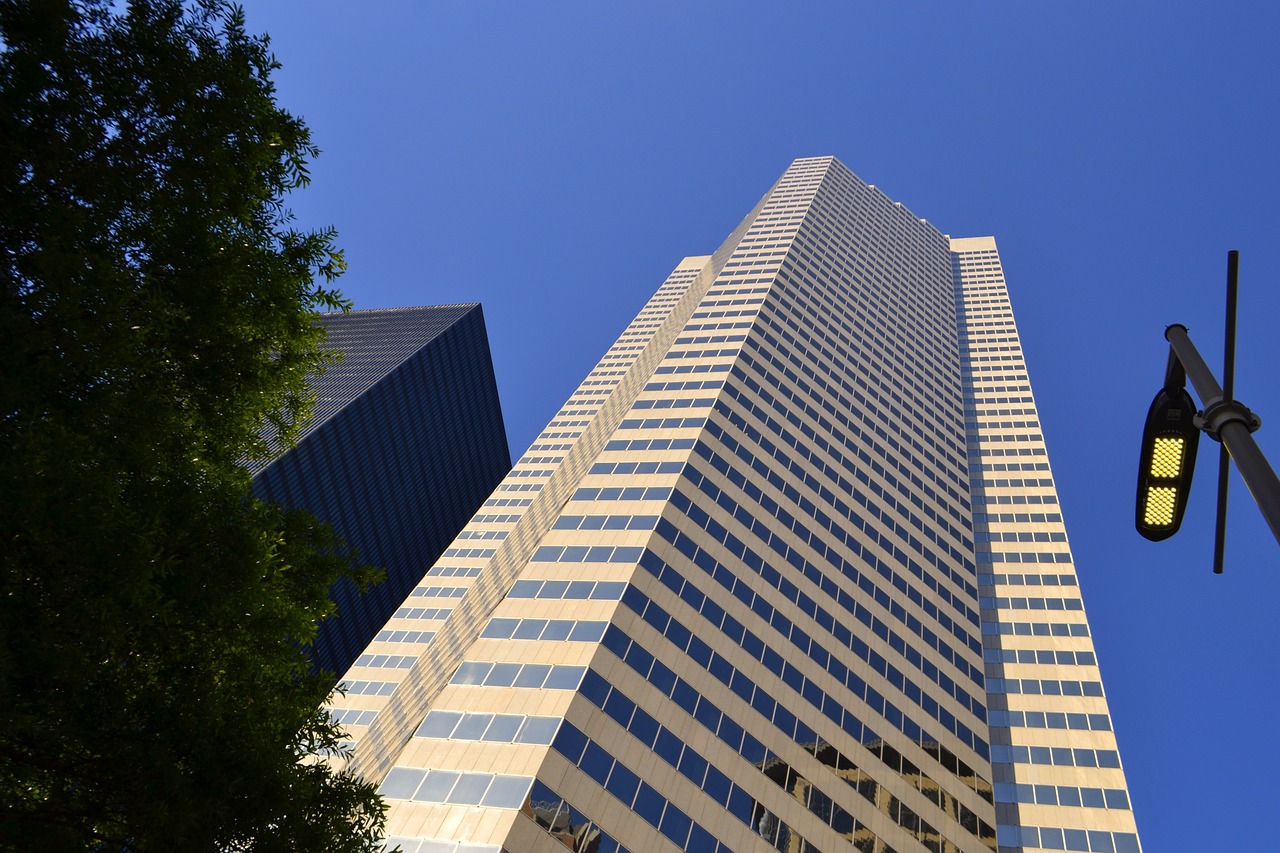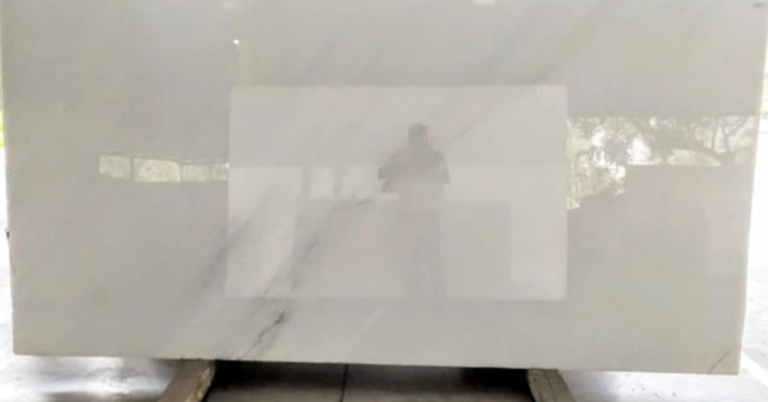The Role of Space Debris Tracking and Monitoring Systems
betbhai.com exchange, play99 exchange, gold365 registration:Space debris tracking and monitoring systems play a crucial role in ensuring the safety and sustainability of activities in space. As the number of satellites and other objects in orbit continues to increase, the risk of collisions and the generation of more debris also grows. In this article, we will explore the importance of these systems, how they work, and their impact on space activities.
The Importance of Space Debris Tracking
1. Safeguarding Satellites: Satellites are essential for various applications, including communication, weather forecasting, and navigation. Space debris tracking systems help operators monitor the trajectories of debris and provide timely warnings to maneuver satellites out of harm’s way.
2. Preventing Collisions: Collisions between objects in orbit can create even more debris, increasing the risk for all space assets. Tracking systems enable operators to predict potential collisions and take preventive measures to avoid them.
3. Protecting Space Stations: Space stations, such as the International Space Station (ISS), are vulnerable to space debris due to their size and inability to maneuver quickly. By tracking debris, operators can assess the risks and make informed decisions to protect these valuable assets.
How Space Debris Tracking Systems Work
4. Ground-Based Radars: Ground-based radars are used to track large debris objects, such as defunct satellites and rocket stages. These radars emit pulses of radio waves and listen for the echoes bounced back from objects in space.
5. Optical Telescopes: Optical telescopes are employed to track smaller debris objects, including paint flecks and other fragments. These telescopes capture light reflected off the objects, allowing for precise measurements of their positions and velocities.
6. Data Analysis: Once tracking data is collected, it is processed and analyzed to predict the trajectories of debris objects. Specialized software tools are used to model the motion of debris and assess collision risks with operational satellites.
Impact of Space Debris Tracking Systems
7. Mitigating Risks: By providing accurate tracking data and collision predictions, these systems help operators make informed decisions to mitigate risks and ensure the safety of space assets.
8. Sustainable Space Activities: Effective tracking and monitoring of space debris are essential for sustainable space activities. By actively managing debris risks, we can preserve the space environment for future generations.
9. International Cooperation: Space debris tracking systems often involve collaboration between countries and organizations to share data and resources. This cooperation fosters a collective effort to address the challenges posed by space debris.
Conclusion
Space debris tracking and monitoring systems play a vital role in safeguarding space assets and ensuring the sustainability of activities in orbit. By tracking debris objects, predicting collisions, and providing timely warnings, these systems help mitigate risks and protect valuable assets such as satellites and space stations. Through international cooperation and continuous technological advancements, we can effectively manage space debris and pave the way for a safer and more sustainable space environment.
FAQs
1. Is space debris tracking necessary for all satellites?
Space debris tracking is essential for all satellites, regardless of their size or mission. Even small debris objects can pose a significant risk to satellites in orbit.
2. How often do operators receive collision warnings from tracking systems?
Operators receive collision warnings from tracking systems when there is a high probability of a potential collision with debris. The frequency of warnings depends on the specific orbit and congestion levels in the area.
3. Can space debris tracking systems prevent all collisions?
While space debris tracking systems can predict and prevent many collisions, they cannot guarantee the elimination of all risks. Operators must still be vigilant and prepared to take evasive actions when necessary.







